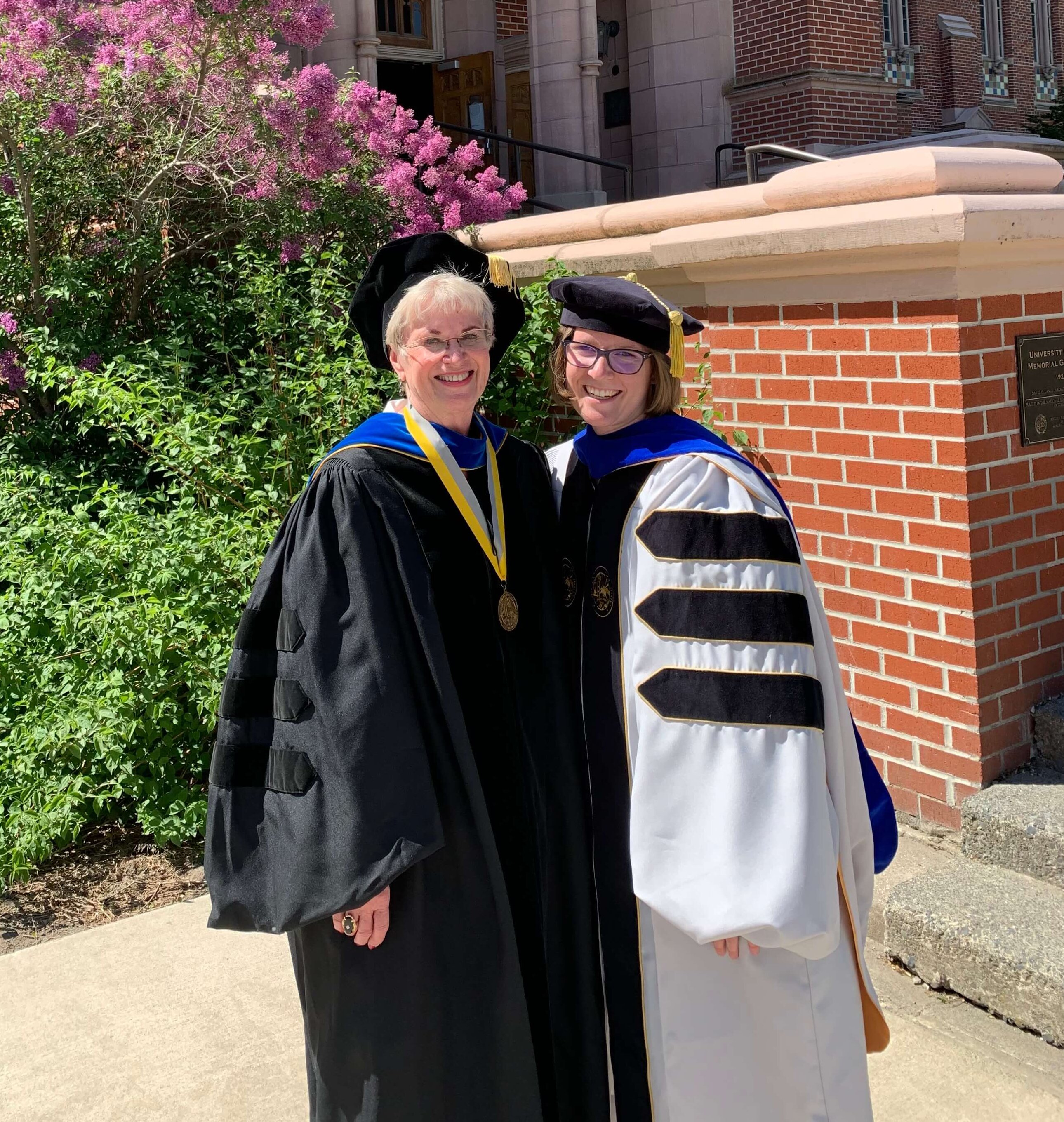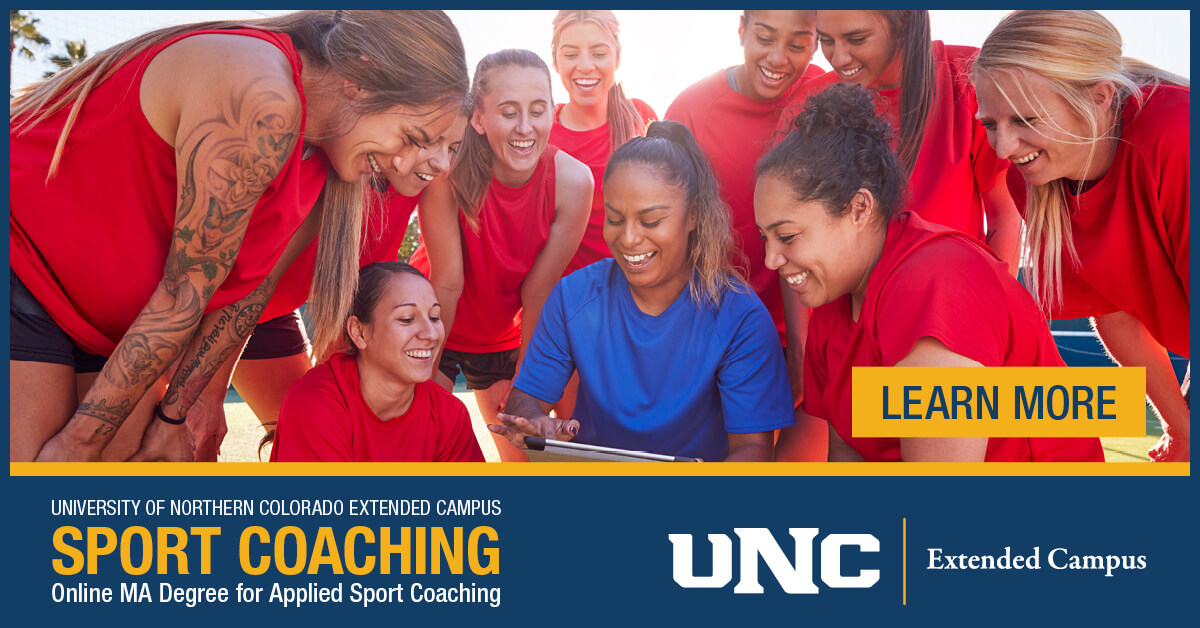(Article 3 of 5)

[5-Part Article Series]
Folks with bodily disabilities maintain restricted positions as students, lecturers, or leaders in bodily training, recreation, and sports activities. Maybe the reason being that the sector is flooded with able-bodied individuals who assume they know finest. However do they? Michael Oliver, imminent author, and scholar argued that individuals with bodily disabilities needs to be the one ones within the subject of incapacity research as a result of they’ve a bodily expertise with disabilities. The next five-part article collection shares the angle of a scholar within the subject of sports activities incapacity who has his personal bodily limitations. In every article, he discusses a special challenge an individual with a bodily incapacity faces within the occupation of bodily training, recreation and sport.
Half III: The Energy of Time
I’ve heard able-bodied lecturers say, “I haven’t got time to show inclusion.” I consider what they’re actually saying is the additional preparation just isn’t value his/her time. Reality: it does take extra time to totally embrace college students with bodily disabilities in bodily training, recreation, and sport. The very concept of ”giving extra” time could be overwhelming. Nevertheless, if pressed would these professionals argue that failing to offer inclusion truly denies their able-bodied college students a very difficult bodily training expertise? I consider that point is the actual challenge and however I additionally consider each scholar, able-bodied or not, can have an incredible expertise.
We live in a fast-paced able-bodied society. When able-bodied professionals become experts they will create general physical education lessons plans for the able-bodied class in a timely way. But what happens when they have a student with a physical disability who wants to fully participate in the activity? The teacher then must take the time and create adaptations for the student to succeed. As a person with a Traumatic Brain Injury, I understand it takes more time.
I grew up around able-bodied individuals in my house, at school, and when playing sports. I have the mindset of an able-bodied person and I believe I can do anything. Growing up with my physical limitations, however, I was always in a world of rush. I myself believed I was behind everything, and I was consistently trying to keep up because I knew it would take me more time. I was worried I did not have enough time, just like teachers worry they might not have enough preparation time. I would think to myself that I did not have enough time to complete a physical task, and then I would stop trying. It wasn’t until my doctorate program that I learned to slow down. My mentor understood the concept of time and that it takes time to include a student with a physical disability in the classroom. She understood the importance of being a mentor and took the extra time that I needed because of my Traumatic Brain Injury.

A teacher must make time for students with physical disabilities to be successful and when they make the time the benefits are never-ending. By my mentor taking the extra time that I needed, I knew I was worthy and capable of doing tasks that I never imagined I would be doing. Physical education teachers and coaches who take the extra time are heroes to students with physical disabilities. Those students have found someone who sees them as worthy of time. These teachers are willing to teach and coach them. Taking the time will be life-changing for you, the professional, and for the student with a physical disability. Take the time, you won’t regret it.
Follow the 5-Part Series this Month
Leading as a Scholar with a Physical Limitation
- Don’t Judge Me by My Gait
- I Am Not an Object or Incompetent
- The Power of Time
- If You Cannot Do It – Can You Teach It? (June 23rd)
- Just Talk to Me (June 29th)
This series was written by Aubrey Shaw, Ph.D. and edited by dr. Sharon Stoll (University of Idaho)

